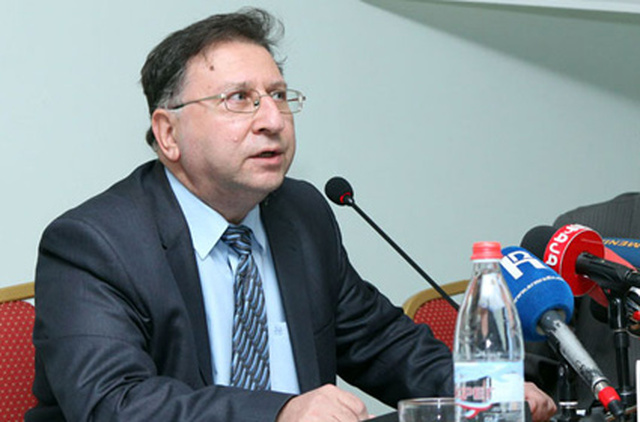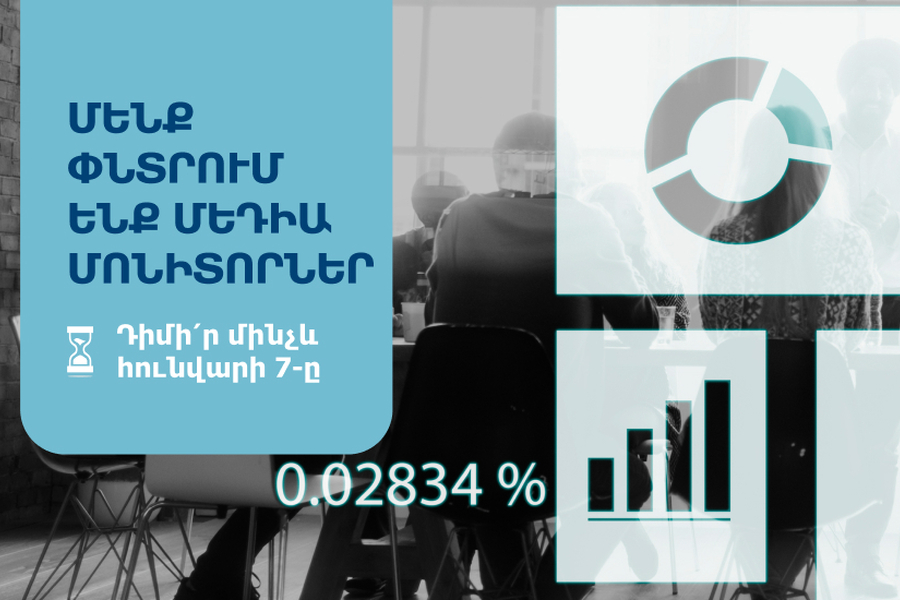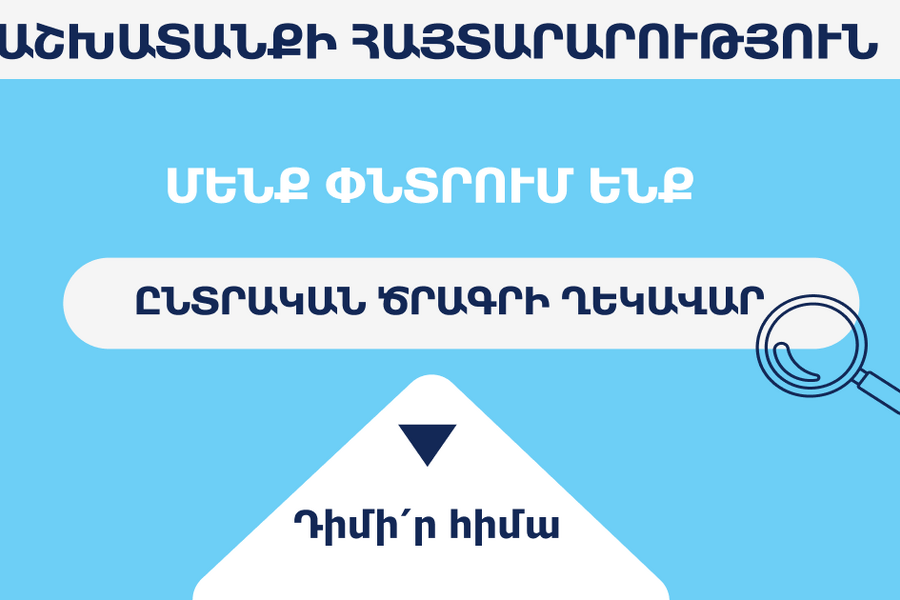Lragir.am: what awaits the officials who hide their income
During the second meeting of the Anticorruption Council, held on December 28, 2015, Minister of Justice Arpine Hovhannisyan introduced draft amendments to the Code of Administrative Offences and the Law on Public Service of the Republic of Armenia related to submission of high-ranking officials’ income and asset declarations and their verification. The draft amendments propose to use responsibility mechanisms and sanctions, such as setting fines in cases if the high-ranking officials do not meet the deadline for submitting the necessary data or submit false data, hide the data that should be declared, etc. In that regard Lragir.am talked to Varuzhan Hoktanyan, Executive Director of Transparency International Anticorruption Center (TIAC).
Varuzhan Hoktanyan attaches importance to political will for investigations to be actually conducted. He also thinks that only the Commission on Ethics of High-Ranking Officials of Armenia as a body to impose fines, will not be able to solve the problems in cases when the officials do not submit declaration or submit false data. The amendment implies a warning for the first time for high-ranking public officials’ failure to submit in due time income and asset declarations. A fine to the amount of 200-fold of the minimum wage will be applied, should they fail to submit a declaration within 30 days of the warning. In case of failure to submit within the next 60 days, a fine will be imposed in the amount of 1000 times the amount of the minimum wage, and the person will be deemed to be not submitted income tax return.
In reply to Hoktanyan’s question what consequences would be taken if officials fail to submit declarations the Minister of Justice informed that a new Criminal Code was in the process of development implying criminal liability in such cases. The same refers to submitting false data.
The issue of reliability of declarations is rather complicated. “Next, suppose proceedings are opened. The issue of reliability arises. How formal might exposing them be? Data exchange network is created, for the Commission on Ethics of High-Ranking Officials to compare the data obtained from various bodies, for instance, from the State Register, to verify and see whether the high-ranking official hide any information.”
Also, besides declaring their assets some high-ranking officials have included donations in their declarations. In the words of Hoktanyan, it must be clarified how the issues on donation would be settled, or if the person received donations or other income, which is not declared what should be done? Failure of the high-ranking officials to submit complete information about their income might be as a result of corruption. It is the law enforcement bodies that should deal with the issue.
“To be exact, not as much the role of Ethics Commission is emphasized as how effective law enforcement bodies would work to expose cases of corruption? One should focus on the activity of law enforcement bodies for no doubtful data to appear in income and asset declarations. If the law enforcement bodies work more effectively, they might expose instances of bribe-giving. In those cases there won’t be the issue of donations in declarations, and there would be different implications.”






